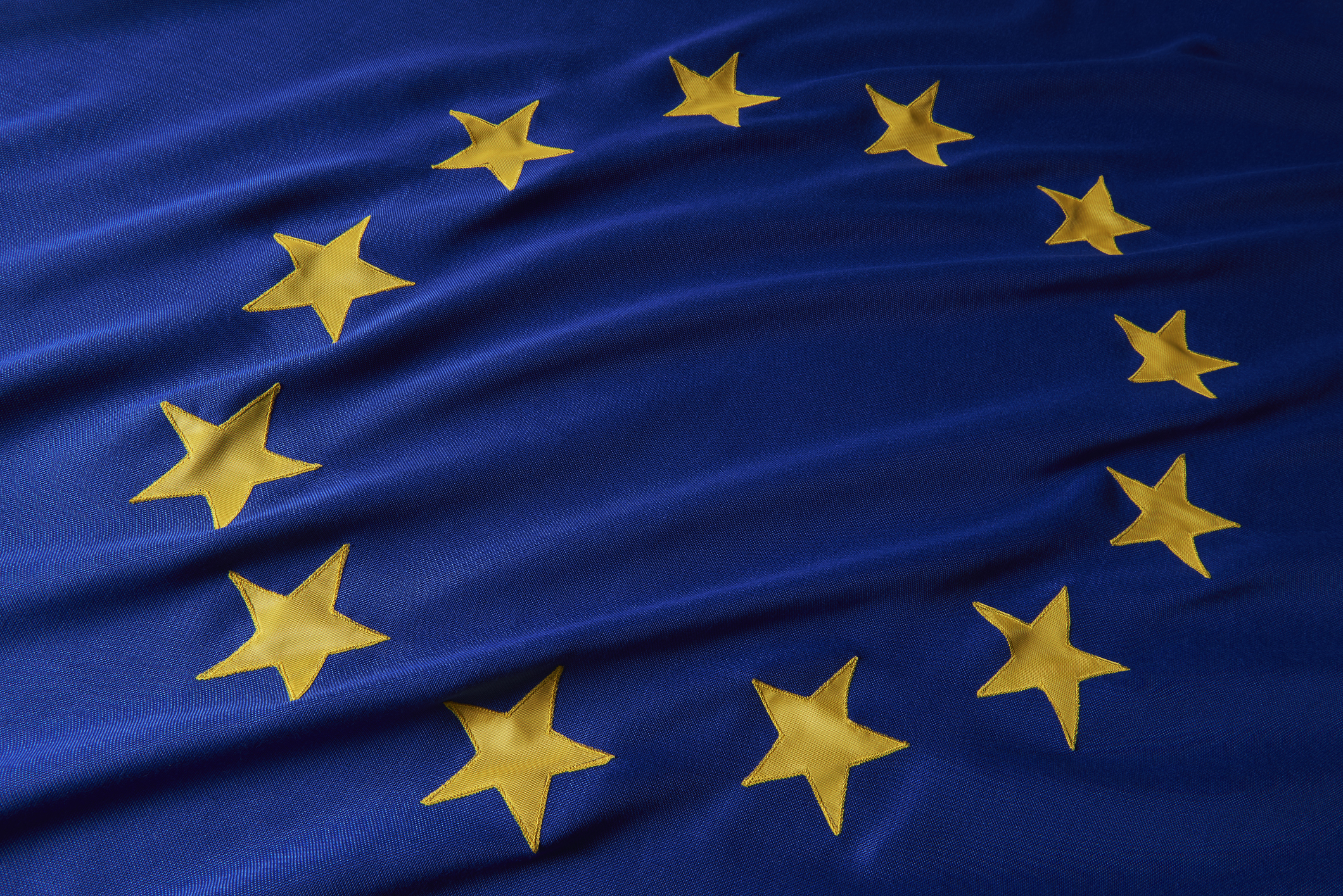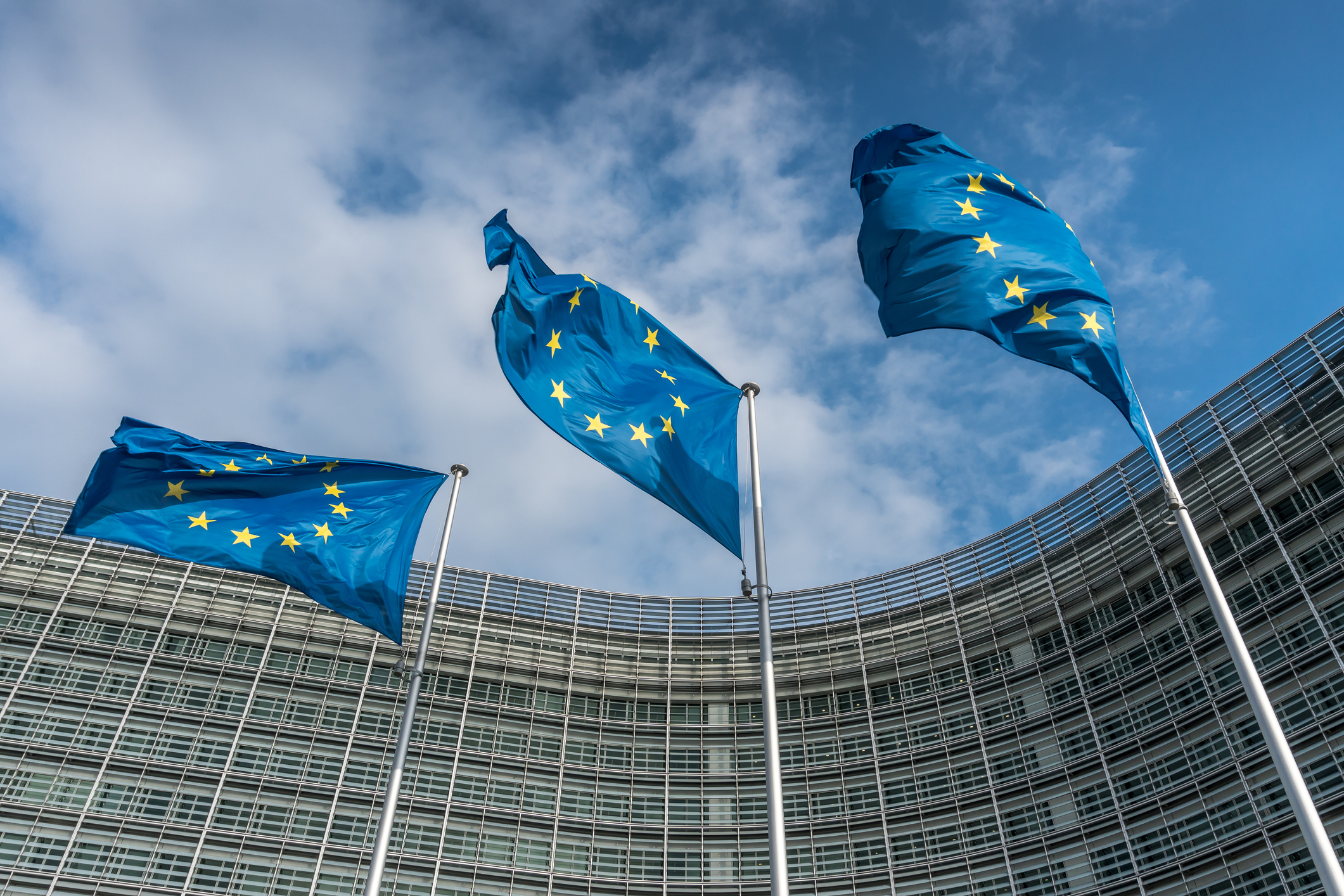Assange allowed to continue extradition fight
Assange won't have his hearing in the Supreme Court, but it will look into the case.


WikiLeaks founder Julian Assange has been given permission to petition the UK Supreme Court as he bids to avoid extradition to Sweden.
Assange is wanted for questioning in his home country, after two female former WikiLeaks volunteers accused him of sexual assault during their time with the organisation in August 2010.
The WikiLeaks chief could have been sent home within 10 days if he had not been granted some leeway after his hearing today. Although judges denied Assange permission to have an appeal heard at the Supreme Court, he can ask the court to look at the case.
The long struggle for justice for me and others continues.
Judges concluded his case raised "a question of general public importance."
"I think that is the correct decision and I am thankful. The long struggle for justice for me and others continues," the BBC quoted Assange as saying.
Assange denies the accusations, claiming the allegations are politically motivated. WikiLeaks upset various Governments after releasing classified communications documents in 2010.
Get the ITPro daily newsletter
Sign up today and you will receive a free copy of our Future Focus 2025 report - the leading guidance on AI, cybersecurity and other IT challenges as per 700+ senior executives
If the Supreme Court denies Assange a hearing, he could take his case to the European Court of Human Rights in Strasbourg.
He is currently residing at the country house of a supporter in eastern England, having been released on bail late last year.
MPs are currently looking into extradition legislation in the UK, following high-profile cases such as the one surrounding Gary McKinnon.
The insider threat
The man accused of handing over documents to WikiLeaks, Bradley Manning, is due in court this month.
Manning, a 23-year-old US army analyst, has been in military custody in the US since May 2010, but reports of mistreatment have received negative attention across the globe.
It was alleged Manning had been held in solitary confinement for 23 hours a day during his time in prison at Wuantico, Virginia, without clothing or bedding.
Last week, over 60 members of the European Parliament sent an open letter to President Barack Obama, asking him to allow Manning to meet the UN's special rapporteur on torture Juan Mendez.
"We have questions about why Mr Manning has been imprisoned for 17 months without yet having had his day in court. We are troubled by reports that Mr Manning has been subjected to prolonged solitary confinement and other abusive treatment tantamount to torture," the letter read.
"And we are disappointed that the US government has denied the request of the United Nations special rapporteur on torture to meet privately with Mr Manning in order to conduct an investigation of his treatment by US military authorities."
Tom Brewster is currently an associate editor at Forbes and an award-winning journalist who covers cyber security, surveillance, and privacy. Starting his career at ITPro as a staff writer and working up to a senior staff writer role, Tom has been covering the tech industry for more than ten years and is considered one of the leading journalists in his specialism.
He is a proud alum of the University of Sheffield where he secured an undergraduate degree in English Literature before undertaking a certification from General Assembly in web development.
-
 Should AI PCs be part of your next hardware refresh?
Should AI PCs be part of your next hardware refresh?AI PCs are fast becoming a business staple and a surefire way to future-proof your business
By Bobby Hellard Published
-
 Westcon-Comstor and Vectra AI launch brace of new channel initiatives
Westcon-Comstor and Vectra AI launch brace of new channel initiativesNews Westcon-Comstor and Vectra AI have announced the launch of two new channel growth initiatives focused on the managed security service provider (MSSP) space and AWS Marketplace.
By Daniel Todd Published
-
 Forcing Apple to allow alternative app stores might cause major security risks
Forcing Apple to allow alternative app stores might cause major security risksAnalysis Apple will be forced to allow third-party marketplaces on its devices, but some experts have raised serious security concerns
By Solomon Klappholz Published
-
 Why bolstering your security capabilities is critical ahead of NIS2
Why bolstering your security capabilities is critical ahead of NIS2NIS2 regulations will bolster cyber resilience in key industries as well as improving multi-agency responses to data breaches
By ITPro Published
-
 New EU vulnerability disclosure rules deemed an "unnecessary risk"
New EU vulnerability disclosure rules deemed an "unnecessary risk"News The vulnerability disclosure rules in the Cyber Resilience Act could also cause a “chilling effect” on security researchers
By Ross Kelly Published
-
 Are you ready for NIS2?
Are you ready for NIS2?WEBINAR Find out what you should be doing to prepare for the EU’s latest data protection regulation and UK equivalent with our free webinar
By ITPro Published
-
 EU regulators are digging their heels in despite big tech’s Data Act pushback
EU regulators are digging their heels in despite big tech’s Data Act pushbackAnalysis EU regulators are no strangers to big tech regulatory push back, so why do companies still persist?
By Ross Kelly Published
-
 2022 Public Sector Identity Index Report
2022 Public Sector Identity Index ReportWhitepaper UK Report
By ITPro Published
-
 Microsoft's EU Data Boundary will begin staggered rollout in January 2023
Microsoft's EU Data Boundary will begin staggered rollout in January 2023News Public sector and commercial customers will be the first to benefit when the rollout begins on 1 January across all of Microsoft's core services
By Ross Kelly Published
-
 EU watchdog fights against rules permitting Europol's ‘unlawful’ data practices
EU watchdog fights against rules permitting Europol's ‘unlawful’ data practicesNews The pushback follows allegations that Europol was allowed to write its own rules when it came to handling sensitive data
By Connor Jones Published